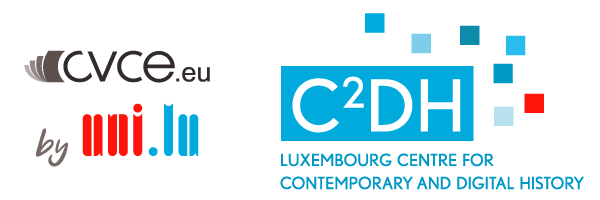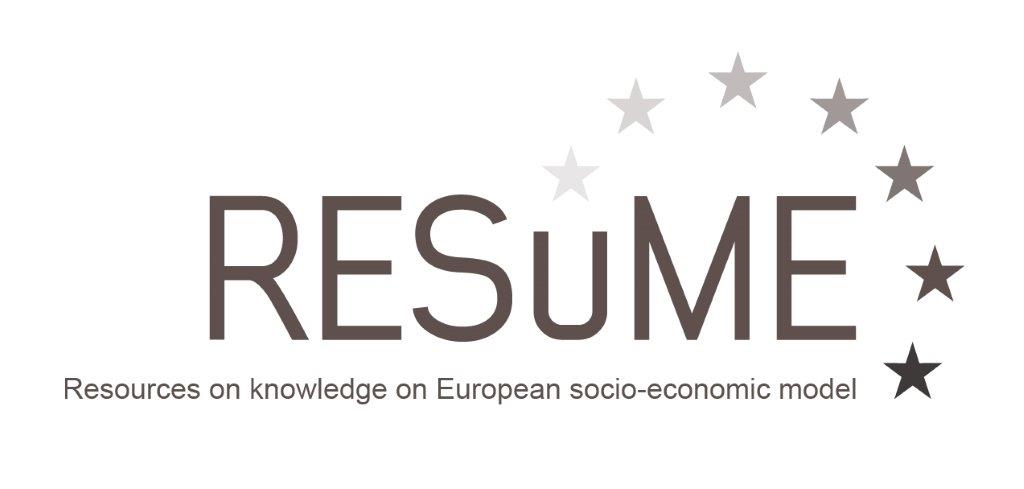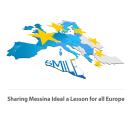Pierre Werner et l'Europe
Ce projet de recherche porte sur l'œuvre et la pensée européennes de Pierre Werner, ancien Premier ministre, ministre des Finances et ministre des Affaires étrangères du Grand-Duché de Luxembourg, unanimement reconnu comme l'un des architectes de l'Union économique et monétaire.














